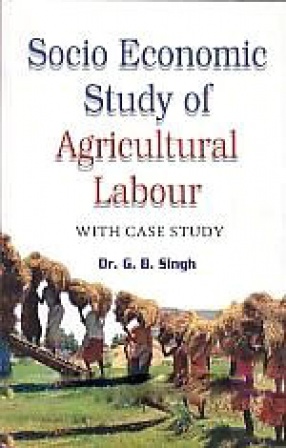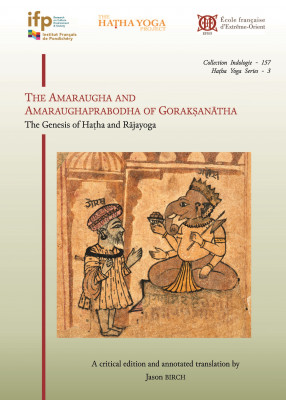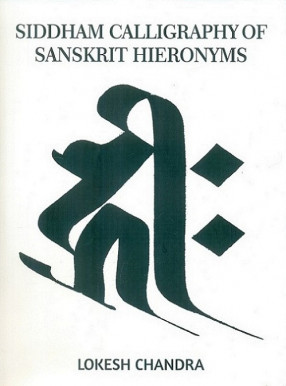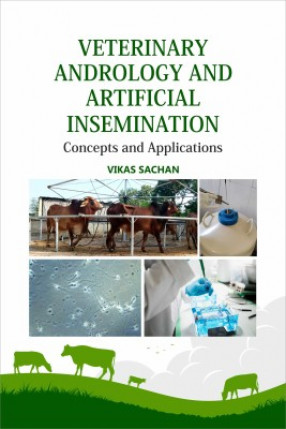FREE & QUICK WORLDWIDE SHIPPING ON $60+
TAKE 10% OFF YOUR ORDER | USE CODE: TAKE10

Book details
-
 xviii+288p., 22cm.
xviii+288p., 22cm.
-
 Hardcover
Hardcover
-
 English language
English language
-
 Oxford University Press
Oxford University Press
-
 01.01.2002
01.01.2002
-
 ISBN 10:
195658884
ISBN 10:
195658884
Related categories
The Fieldworker and the Field: Problems and Challenges in Sociological Investigation
Synopsis
Since its first publication, this book has been recommended reading for research methodology in the social sciences. This revised edition, which fulfils an enduring demand, contains a new preface that reviews the field since the publication of the first edition, answers critics, and emphasises the practical utility of field experience in the training of social scientists. Once considered to be the hallmark of social and cultural anthropology, intensive fieldwork has gained widespread acceptance in the social sciences. The use of this method to study a wide array of problems from tribes to villages to hospitals and trade unions poses practical, methodological and moral problems scarcely anticipated when it was confined to the study of simple societies. Is role assumption by the fieldworker necessary and feasible in a complex society? Can the fieldworker avoid involvement with the people and still collect reliable data? Can entire communities be studied in accordance with the old maxim? If not, what choices do fieldworkers have? Can they keep aside their personal biases? How should the fieldworker handle moral problems? Should he stand by his progressive views in a traditional society, or choose a more expedient course? The eighteen essays by distinguished social scientists in this collection portraying actual field experiences—fifteen in India and three outside India—focus on these problems. They capture the intense excitement of fieldwork and highlight the fact that social knowledge is different from natural knowledge. Fieldwork involves not merely the intellect but the entire psyche of the researcher, and his data have no existence independent of him. This book is essential reading for those expecting to conduct field research of their own, and for those curious about the methods of constructing knowledge.




















